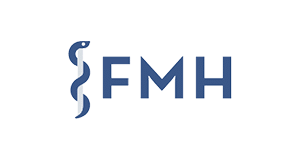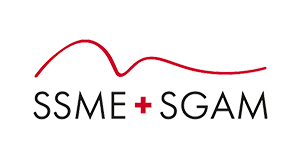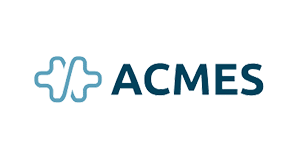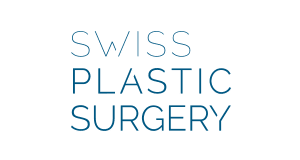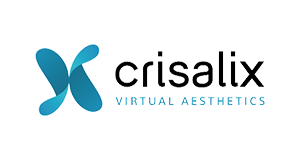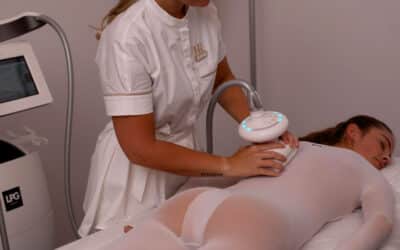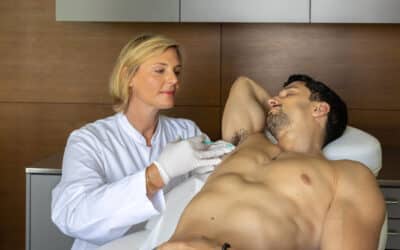Welcome to your Aesthetic Clinic
Give yourself a moment to take care of your appearance and your well-being in one of the most modern clinics in the world and its luxurious, discreet and calm setting.
Benefit from a holistic and completely personalized approach thanks to the expertise and support of the world’s best aesthetic specialists.
Close this parenthesis out of time by returning to your daily life with a newfound serenity.
Your beauty is harmonious, natural, sublimated without anyone being able to suspect the aesthetic intervention.
A complete offer
Surgery
Aesthetic
Health
Beauty
Medicine
Aesthetic
Aesthetic
Dentistry
Medicine
anti-aging
Cosmetics
A Claimed Holistic Approach
A unique experience
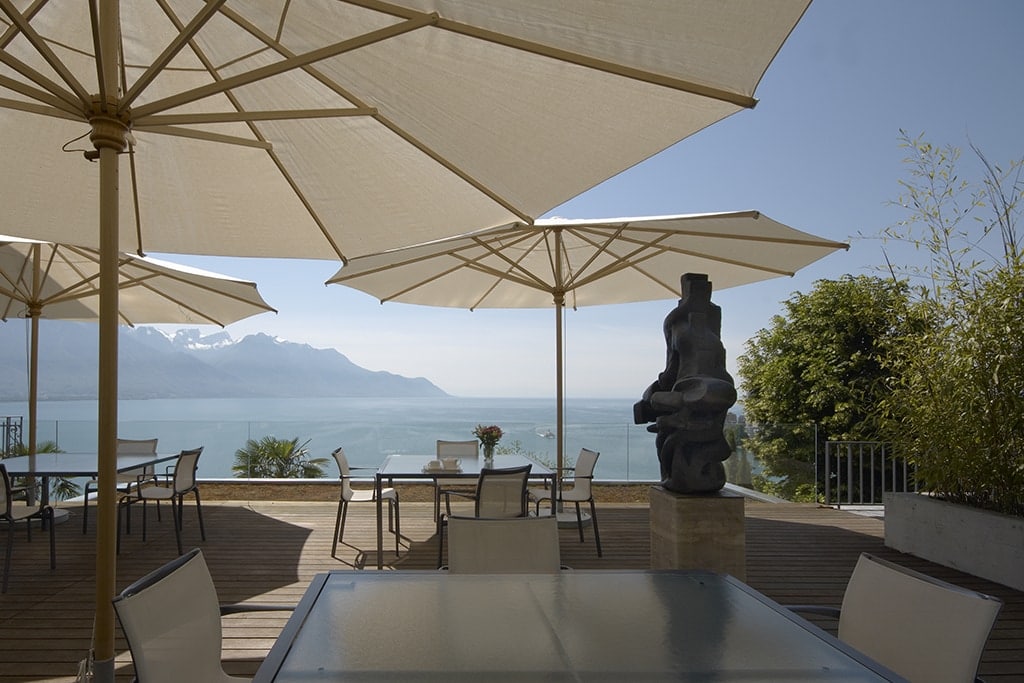
Experience an exceptional stay
Discreetly away from the hustle and bustle of everyday life, enjoy a unique interlude dedicated to your beauty and well-being.
Meet our experts
Whatever your request, our experts will find the right answer, tailor-made to meet your most demanding requirements.
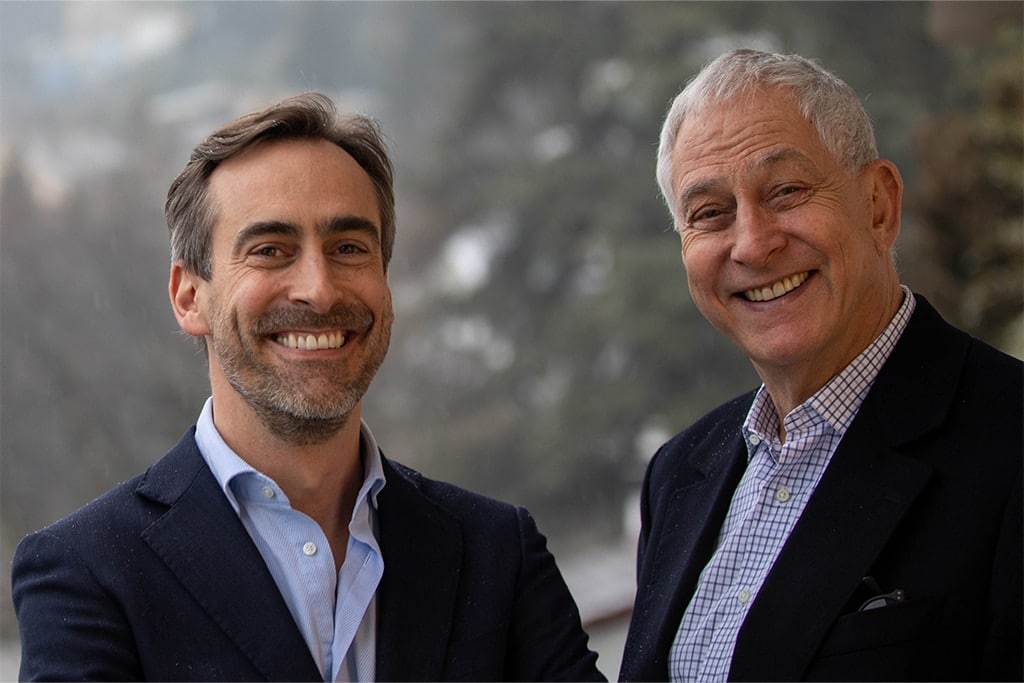
Our doctors' partners
Cosmetics inspired by aesthetic medicine
Before and after pictures
Would you like more information or the opinion of a professional?
We look forward to hearing from you. We'll be happy to answer any questions you may have.
The Mag of LaClinic Montreux
Laclinic news, the latest trends and techniques in the Aesthetics and Beauty universe.
Composite breast augmentation: a combination of implants and lipofilling
Would you like your breasts to be more contoured without an artificial effect?Composite breast augmentation combines breast implants and lipofilling for a natural, harmonious result. This technique adds volume while enhancing contours thanks to your own fat. Thanks to...
How to get a flat stomach with cryolipolysis?
Cryolipolysis makes it possible to achieve a flat stomach without surgery. This aesthetic medicine technique offers a safe and effective option for eliminating belly fat in a targeted manner. Cryolipolysis is a non-invasive aesthetic medicine technique that eliminates...
The effective solution to combat hyperhidrosis
Combating hyperhidrosis, also known as excessive sweating, is a priority for many people. It is characterized by excessive sweat production, far in excess of what the body needs to cool itself. This phenomenon mainly affects specific areas of the body such as the...





